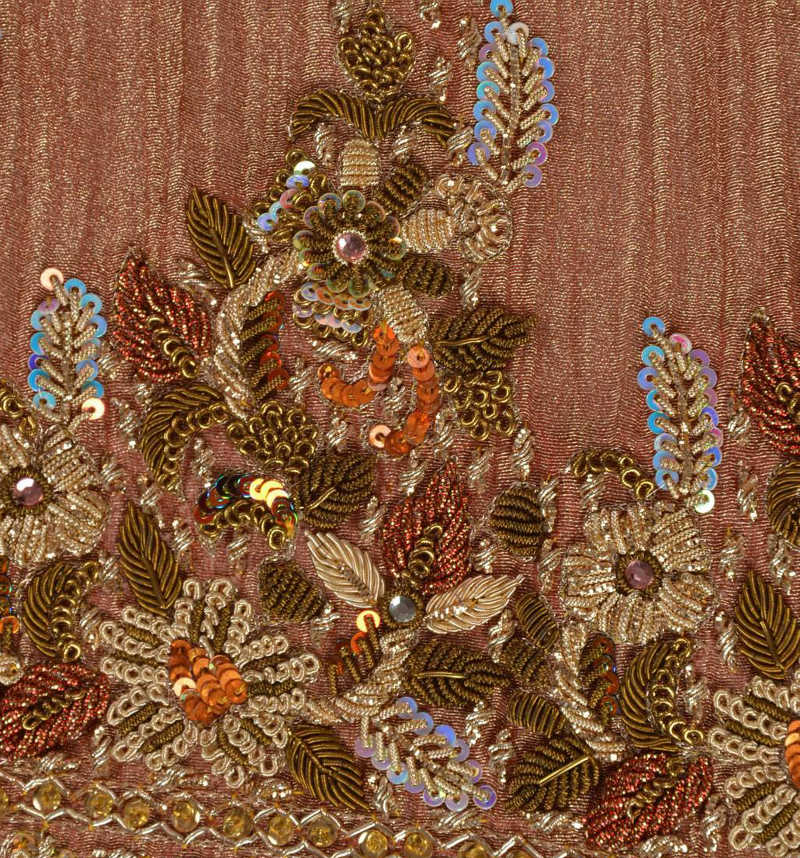===
0471,
1
===

=== |
 |
ḥusn : 'Goodness, goodliness; comeliness, beauty, pleasingness'. (Platts p.477)
tāb : 'Heat, warmth; burning, inflaming; ... light, radiance, lustre, splendour; strength, power, ability, capability; endurance'. (Platts p.303)
FWP:
SETS == A,B
MOTIFS
NAMES
TERMS == FRESH WORD; METAPHOR; WARRANTHere's a real 'A,B' verse, in which the relationship between the two lines can be construed in an enjoyable variety of ways.
The first line offers a version of the 'kya effect'; it can be read as asking with what beauty/charm the speaker could describe her beauty (a question); or as indignantly denying that he could find words of sufficient beauty/charm for her beauty; or even as boasting of what beauty/charm he could put into describing her beauty.
The second line builds on these possibilities, in one of several possible ways:
=The second line simply describes her beauty (this is the reading that SRF uses).
=The second line explains why the speaker cannot properly describe her beauty (her beauty is so potent that it undoes him, as it would undo even Jupiter).
=The second line represents his (successful?) attempt to offer a description of her beauty that is itself full of 'beauty/charm'.
The various possibilities of tāb (see the definition above) also work perfectly in the second line, and help to give it some claim to providing 'beauty/charm' of description. Her beauty is so radiant that she outshines Jupiter; or, her beauty is so powerful that Jupiter is unable to overcome it; or, her beauty is so overwhelming that Jupiter cannot at all endure it.
Also, as SRF notes, the unusual expression ḳhvush-aḳhtarī deserves 'fresh word' credit.
Note for grammar fans: The kī at the end of the first line of course modifies a colloquially-omitted bāt .